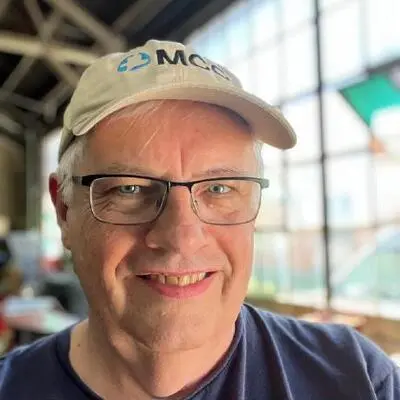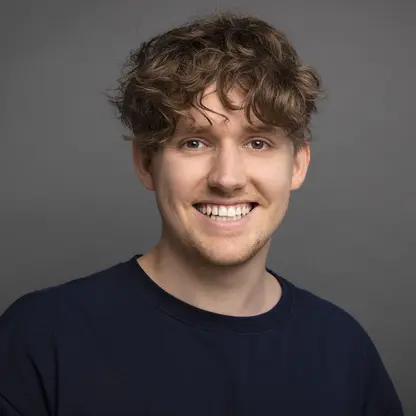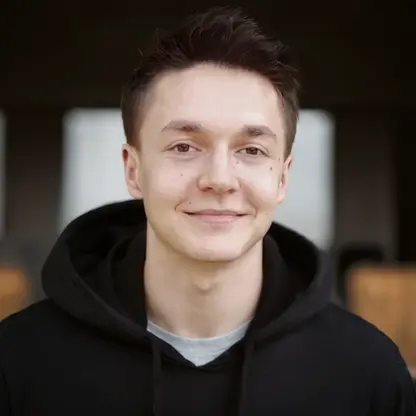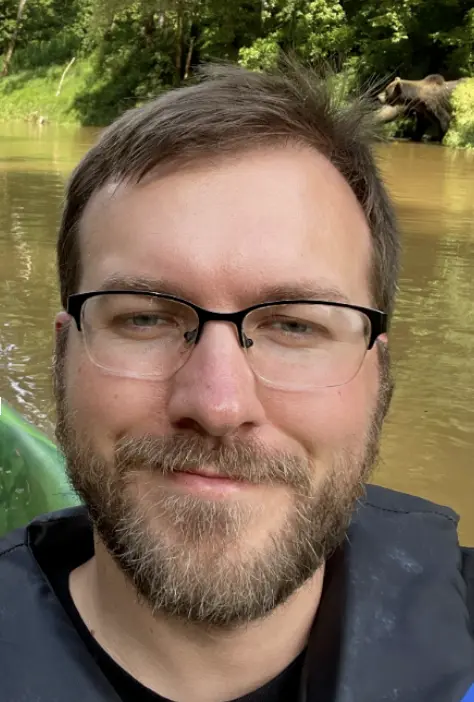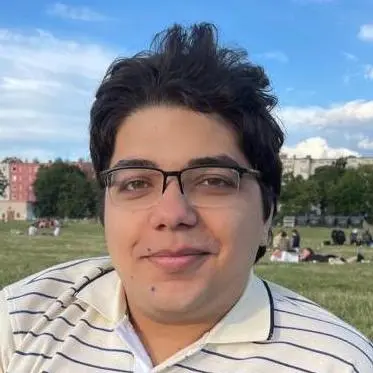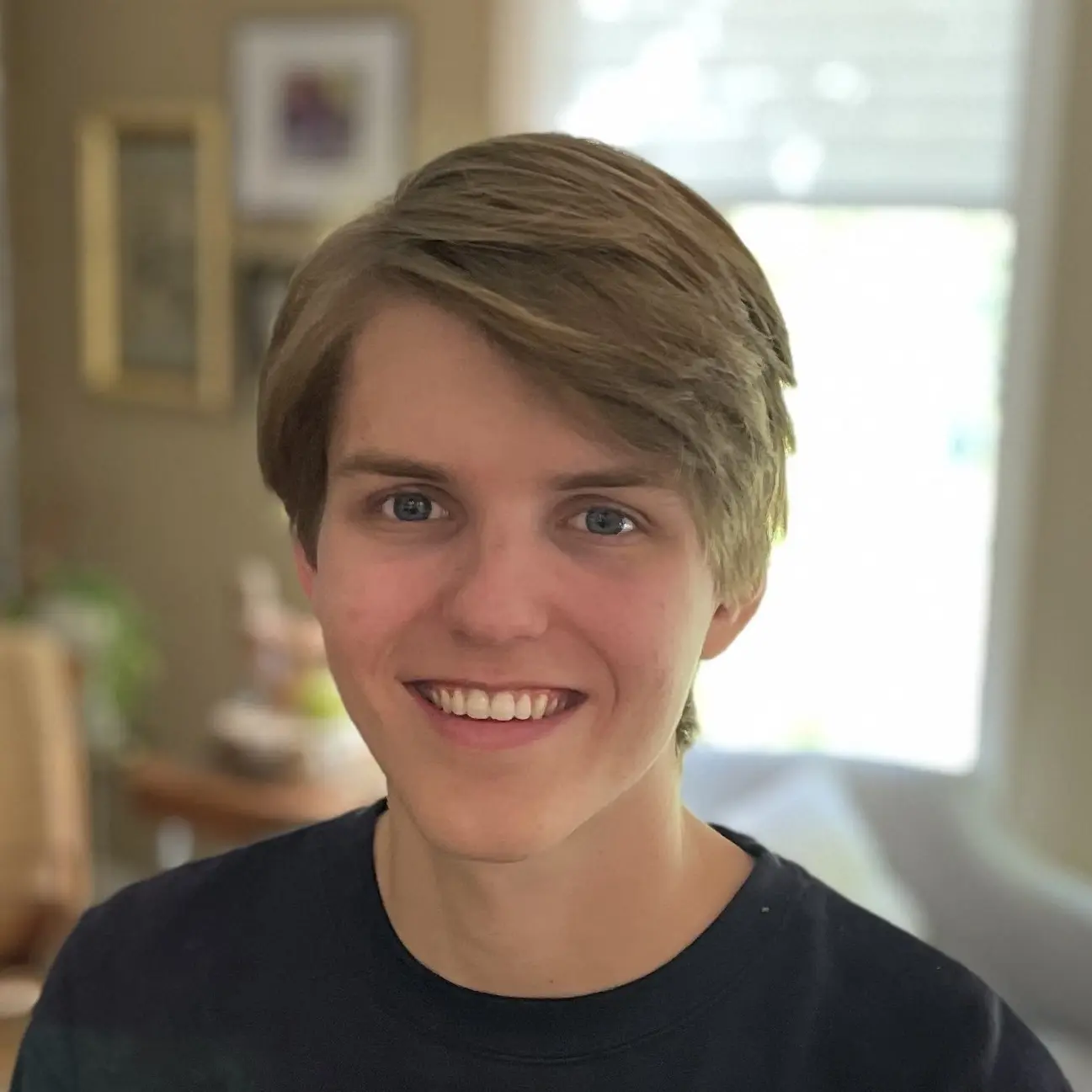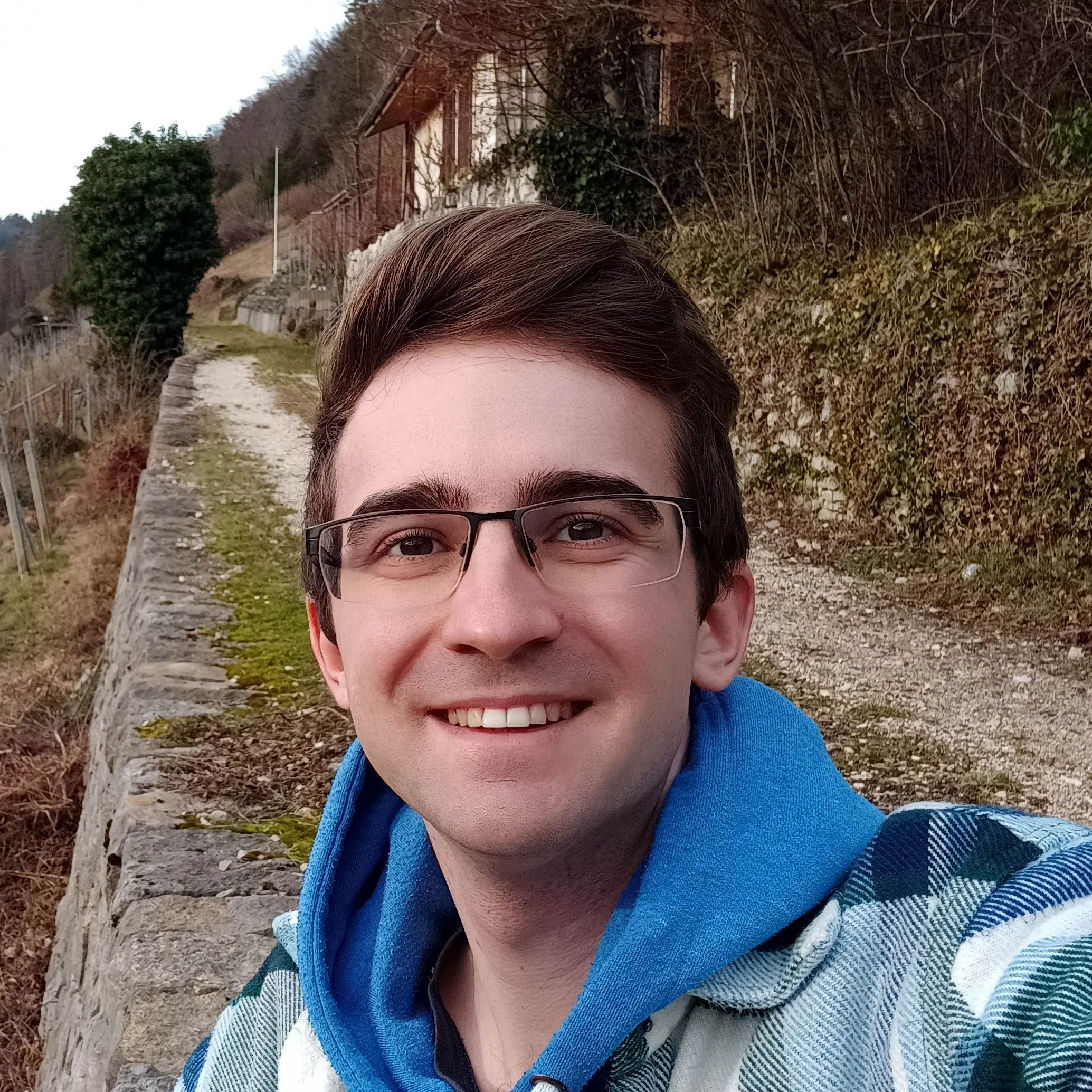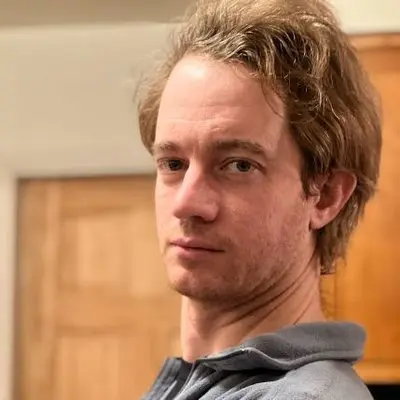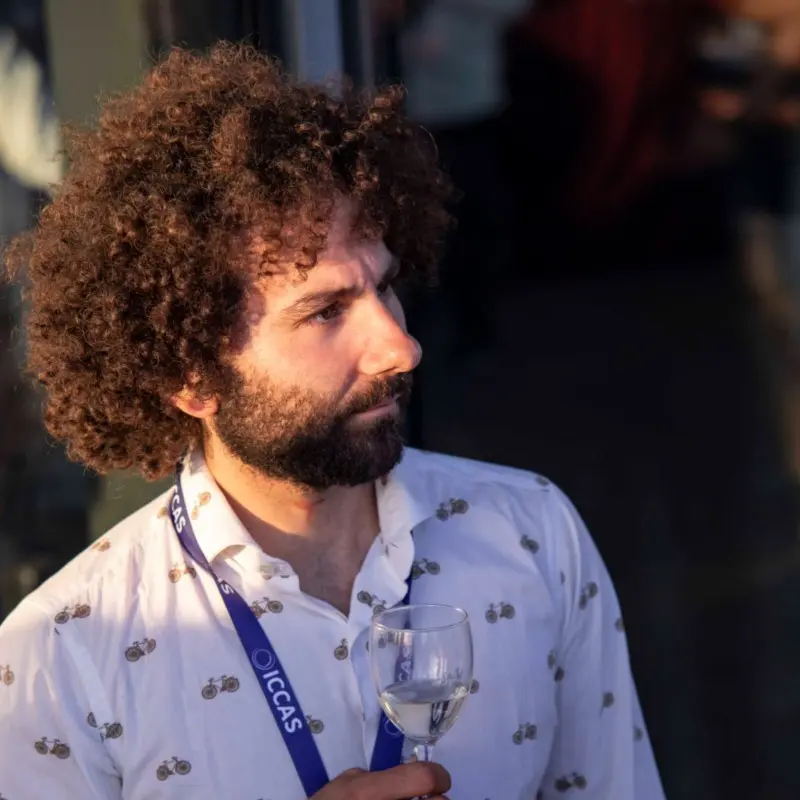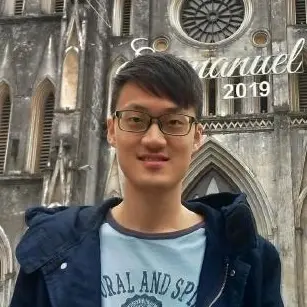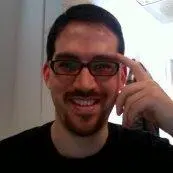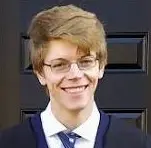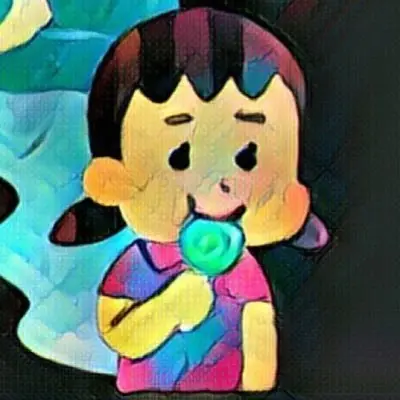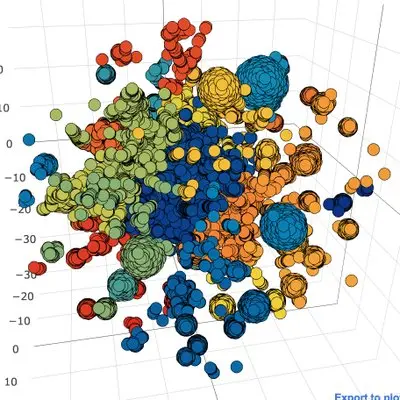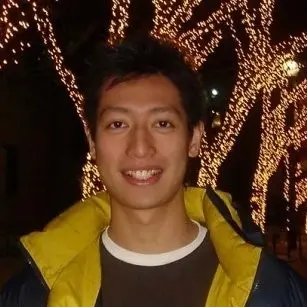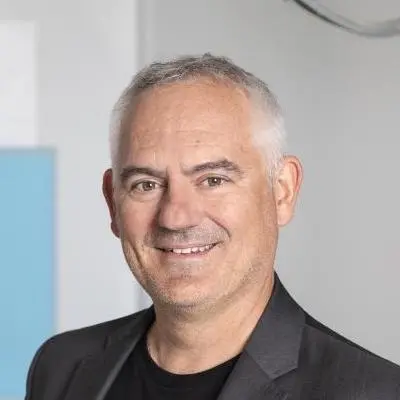Resurrect an ancient library from the ashes of a volcano.Win Prizes. Make History.
Vesuvius Challenge is a machine learning, computer vision, and geometry competition that is reading the carbonized Herculaneum scrolls & has awarded $1,500,000 in prizes.
Our current challenge is to grow from a few passages to entire scrolls. Join the community to win prizes and make history. Also: we're hiring!
Get Started
$1.5M+ already awarded

$60,000 First Title Prize Awarded
May 5
May 5
February Prizes and Updates
March 12
March 12
New Prizes and Progress Update
February 27
February 27
Carbonized and crushed under pyroclastic flow and debris, the scrolls are in rough shape. Tracing the 3D sheets through these damaged scrolls is nearly impossible in the raw scan data. More structured representations, like those obtained with semantic segmentation, simplify downstream tasks significantly.
Related skills: image annotation, computer vision, machine learning, medical imaging

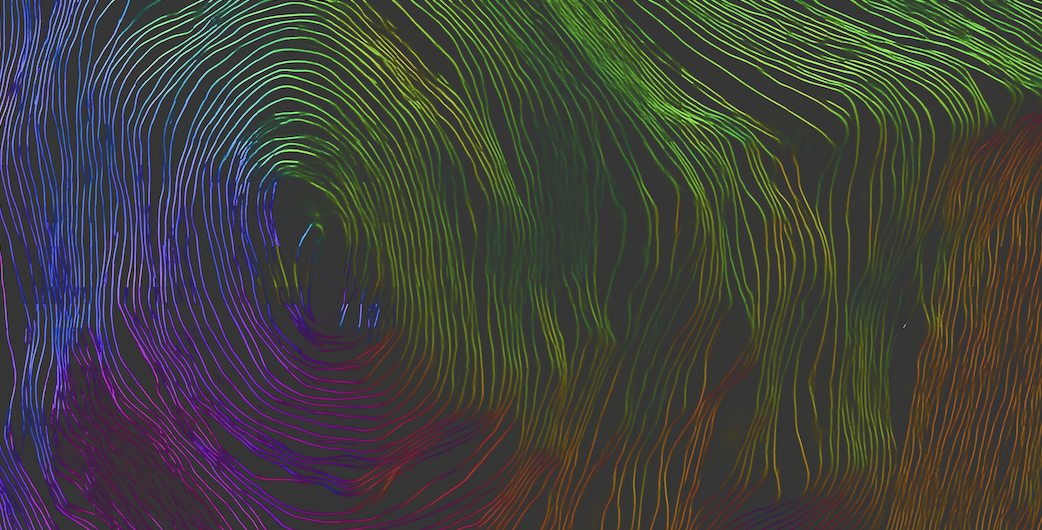
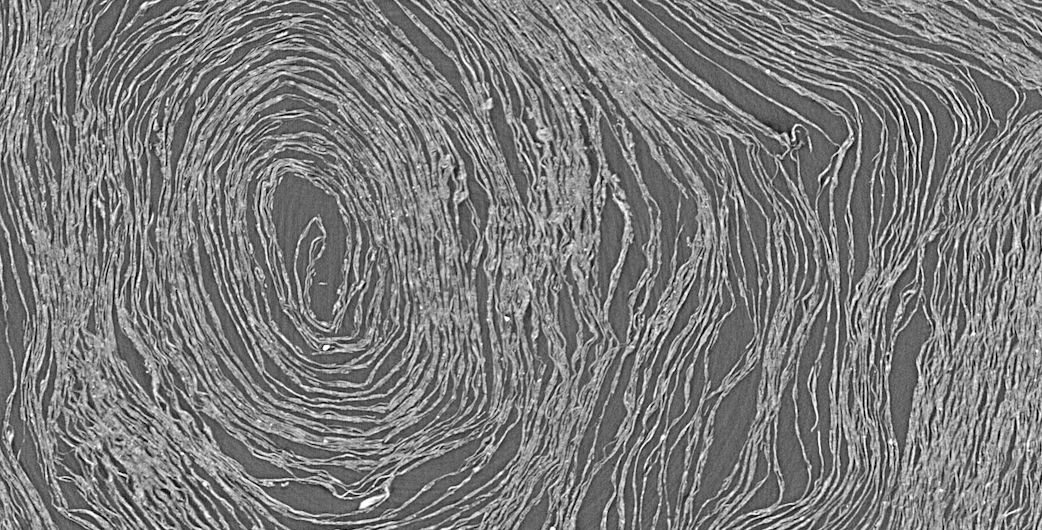
A better image representation alone does not an unrolled scroll make. We need methods to better map the surfaces, stitch them where necessary, and extract them into readable sheets of papyrus. For a primer on current autosegmentation methods and their progress, read the Virtual Unwrapping document.
Related skills: geometry processing, computer vision, machine learning, optimization

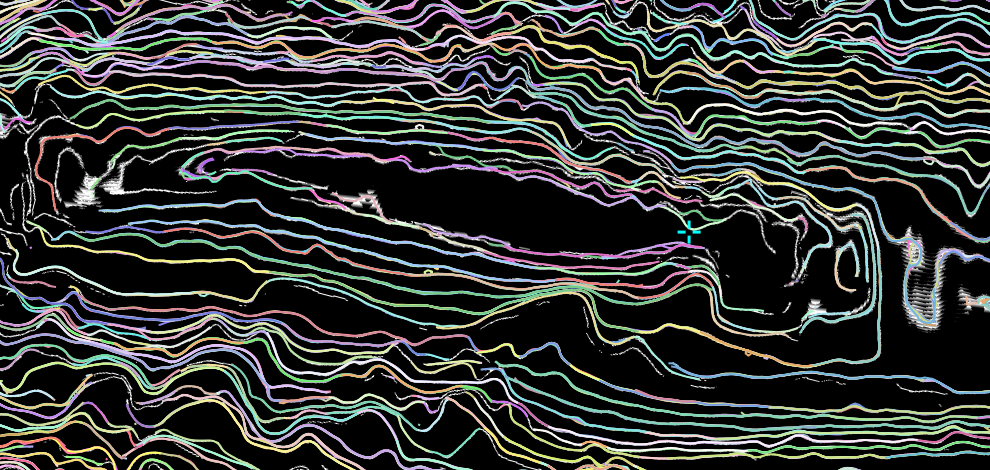
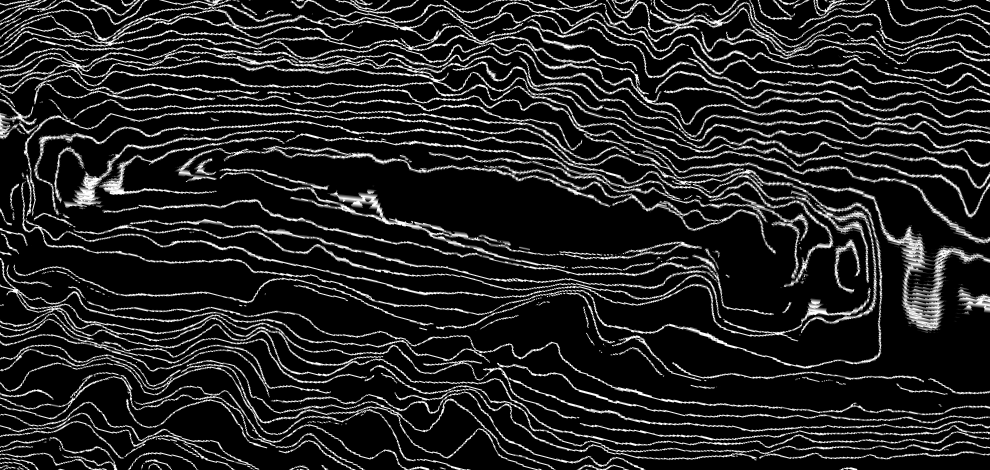
We've so far recovered text from just two of our five scrolls. Is the ink fundamentally different in others? Is the papyrus surface? We're not yet sure. We are certain though that if it ever existed, it can be detected.
Related skills: image annotation, computer vision, machine learning, pattern recognition

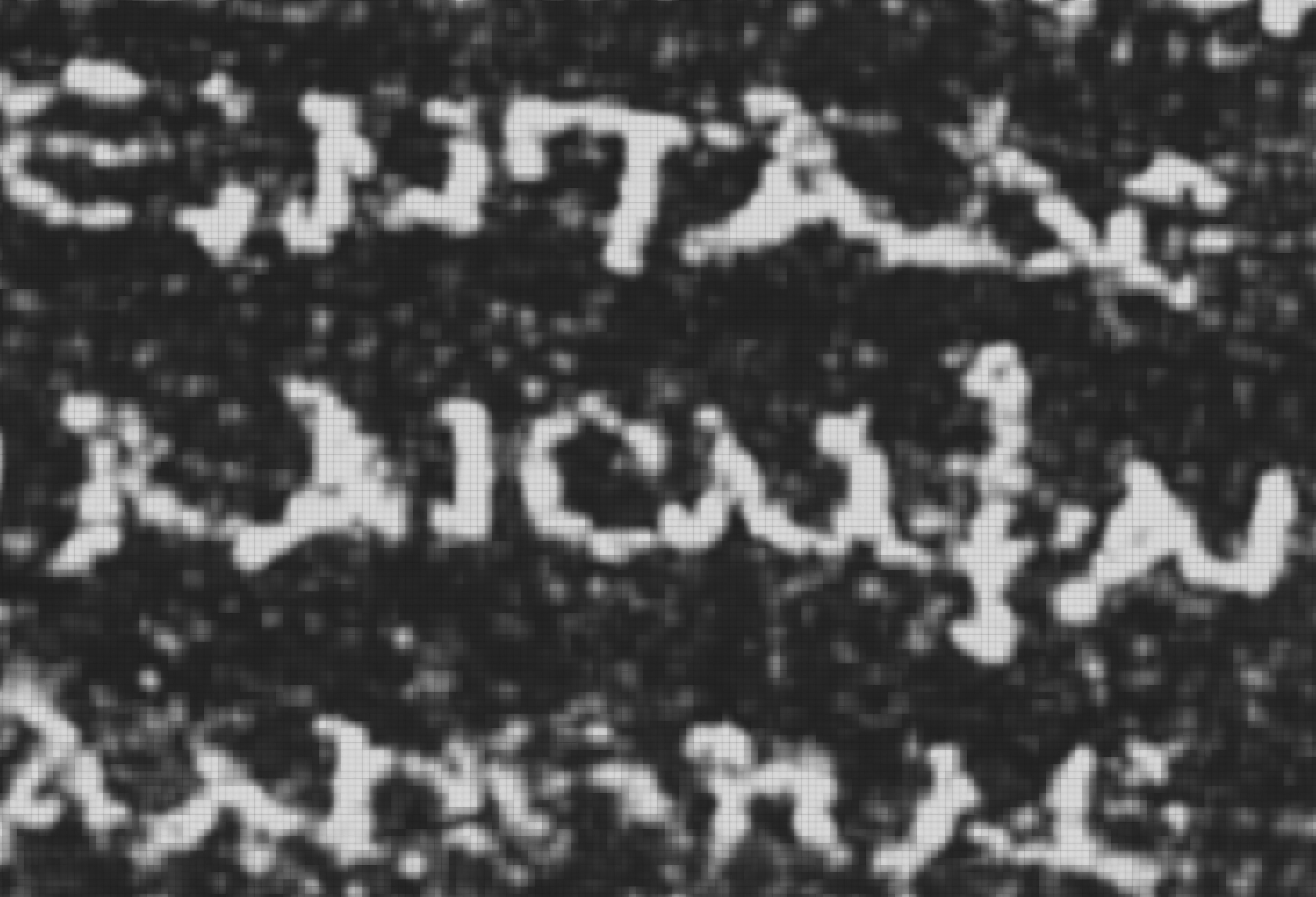

What We're Building Towards
We lack the accuracy to make the meshing step as simple as it could be.
Ink has been found in two scrolls, but remains elusive in our other scrolls.
We need an abundance of high-quality annotations.
Methods that function where Surface Representation is unreliable are needed.
Our story ↓
79 AD
Mount Vesuvius erupts.
1750 AD
A farmer discovers the buried villa.
2015 AD
Dr. Brent Seales pioneers virtual unwrapping.
2023 AD
A remarkable breakthrough.

2024 AD
New frontiers.
A widespread community effort builds on the success of the first scroll, automating and refining the components of the virtual unwrapping pipeline. Efforts to scan and read multiple scrolls are underway. New text is revealed from another scroll.
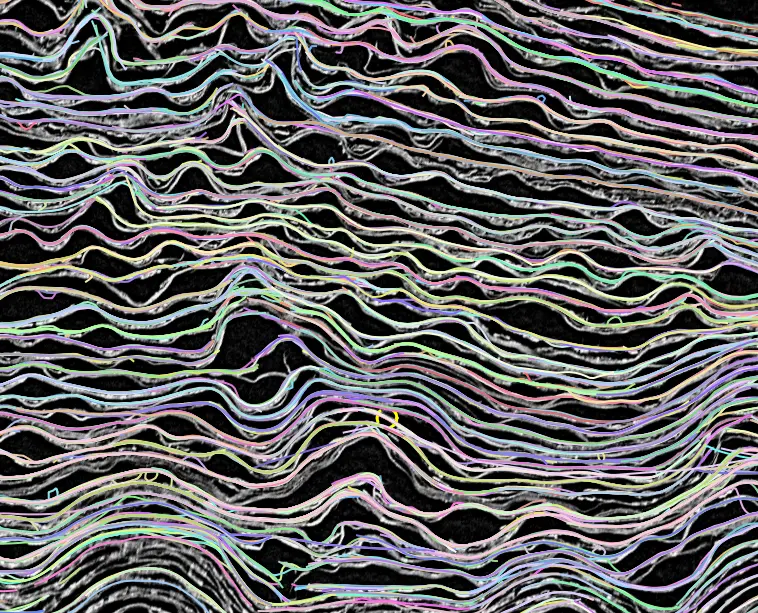
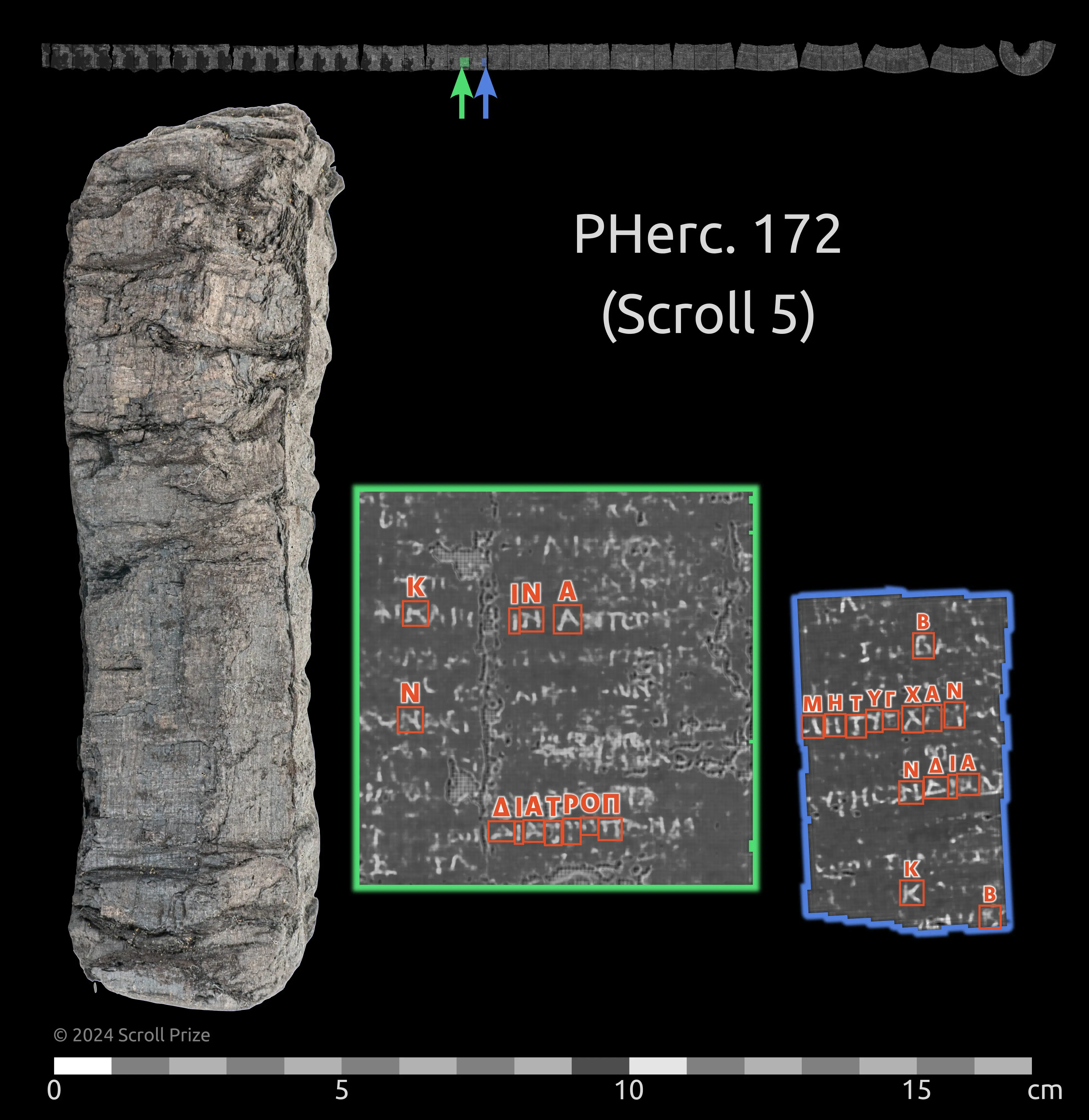
2025 AD
The Challenge Continues
Vesuvius Challenge moves onto its next stage of reading multiple entire scrolls. Read more about the prizes below, and on how they contribute towards the The Master Plan.
Awarded Prizes
Incredible teams of engineers are helping us unlock these secrets, providing unprecedented access to scrolls that have not been read in two millennia. Learn more about their accomplishments.
Created By
Sponsors
Caesars
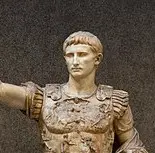
Musk Foundation
$2,084,000
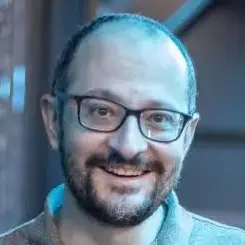
Alex Gerko
$450,000
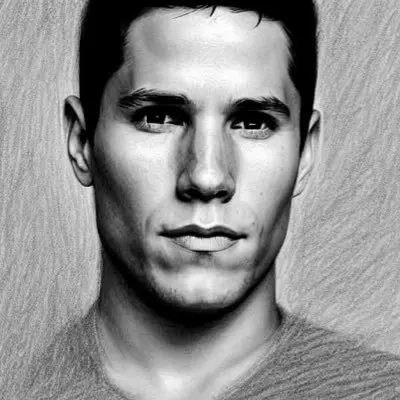
Joseph Jacks
$250,000
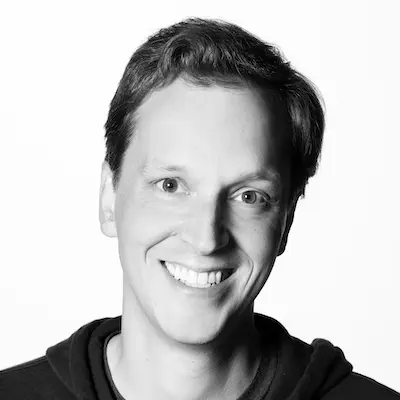
Nat Friedman
$225,000
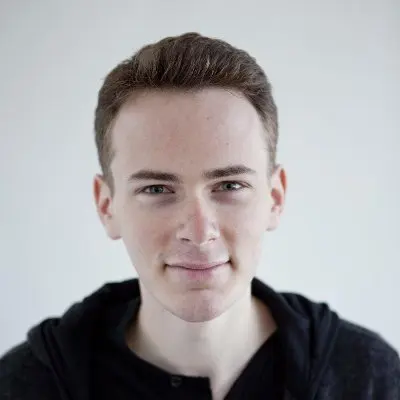
Daniel Gross
$225,000
Senators
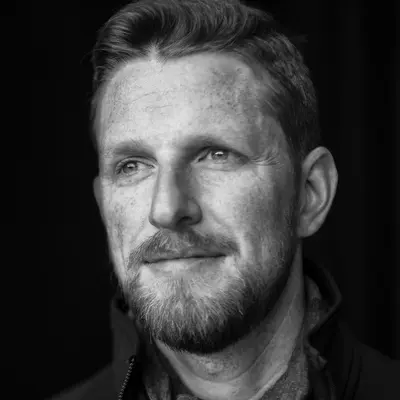
Matt Mullenweg
$150,000
Emergent Ventures
$100,000
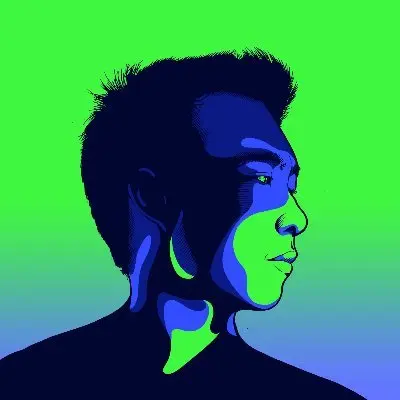
Matt Huang
$50,000
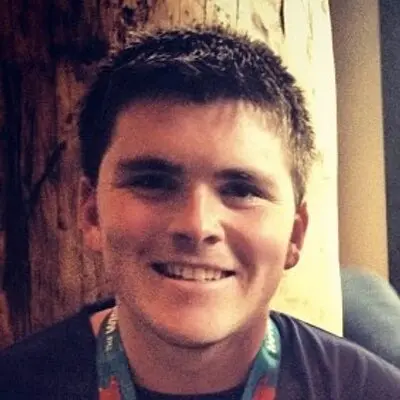
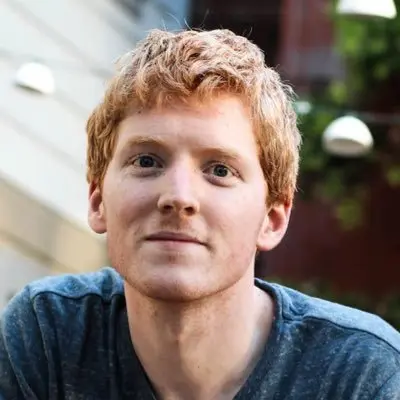
John & Patrick Collison
$125,000
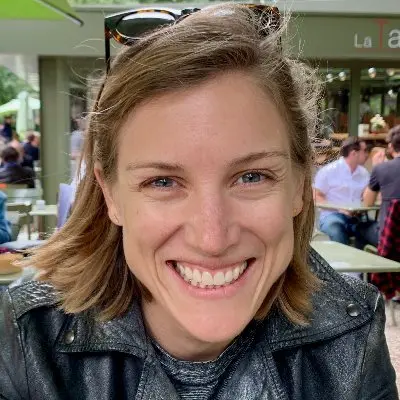
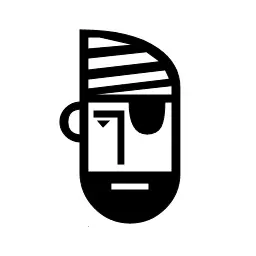
Julia DeWahl & Dan Romero
$100,000
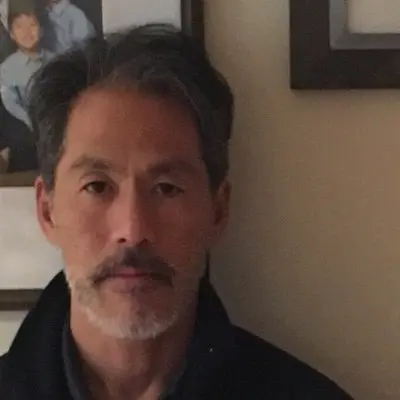
Eugene Jhong
$100,000

Anonymous
$100,000
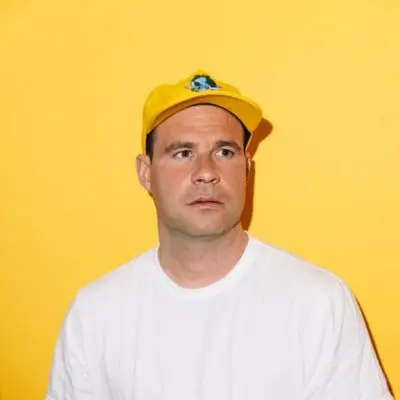
Bastian Lehmann
$75,000
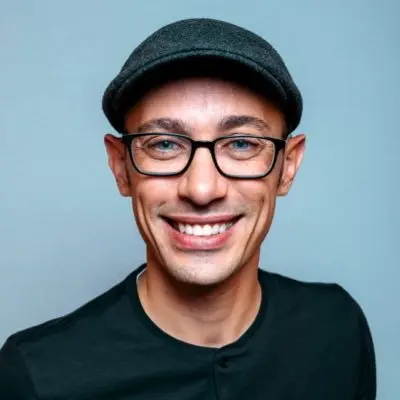
Tobi Lutke
$75,000

Guillermo Rauch
$50,000
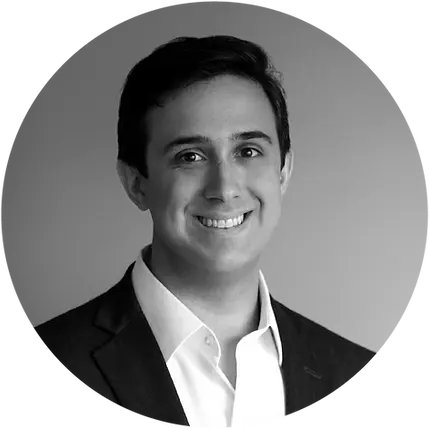
Arthur Breitman
$50,000

Anonymous
$50,000

Anonymous
$50,000
Citizens
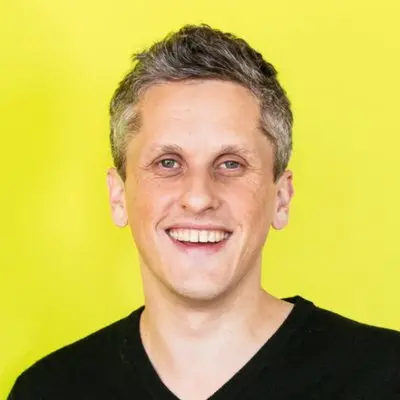
Aaron Levie
$25,000
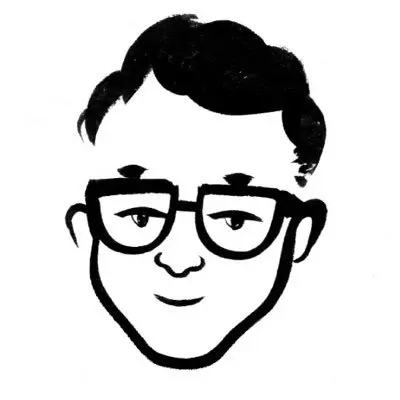
Akshay Kothari
$25,000
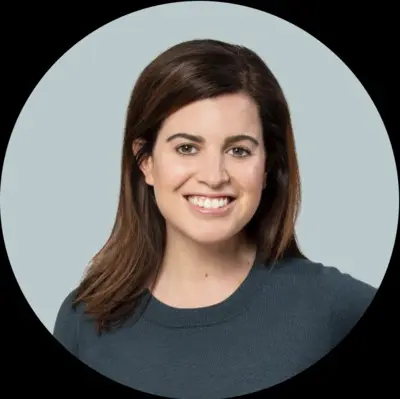
Alexa McLain
$25,000
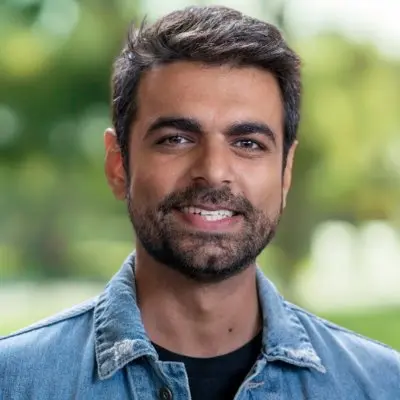
Anjney Midha
$25,000
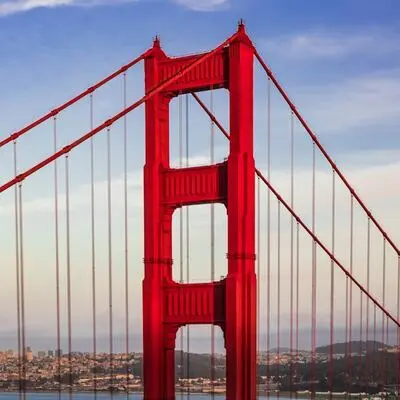
franciscosan.org
$25,000
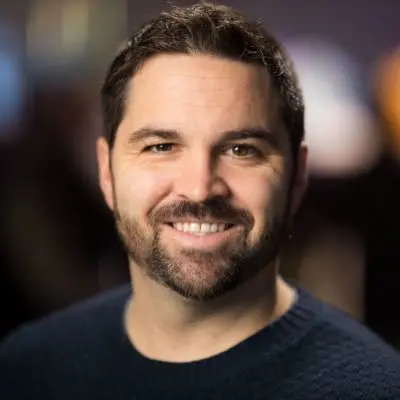
John O'Brien
$25,000
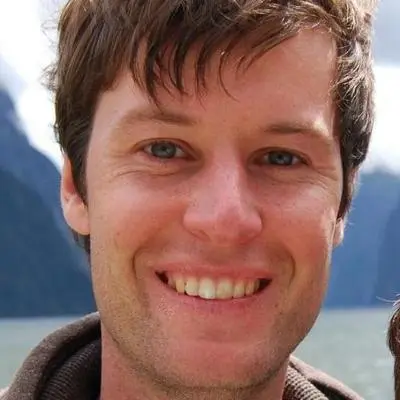
Mark Cummins
$25,000
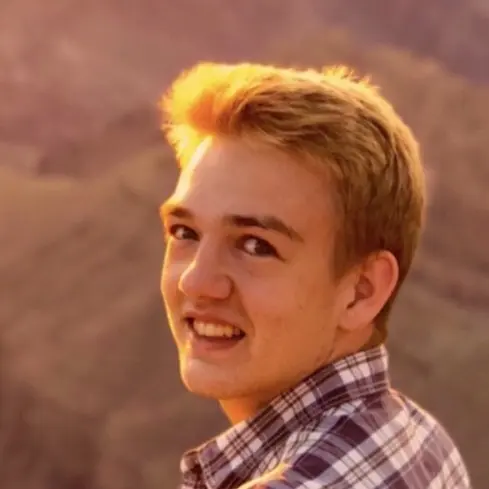
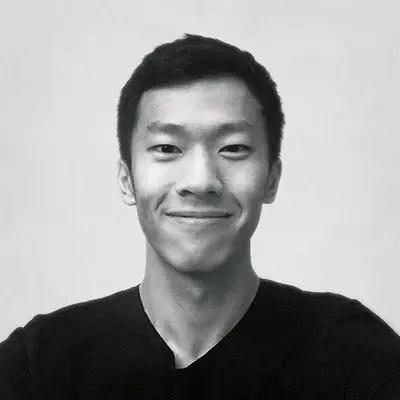
Jamie Cox & Gary Wu
$15,000
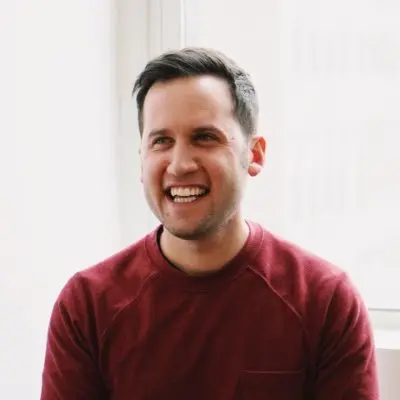
Mike Mignano
$15,000
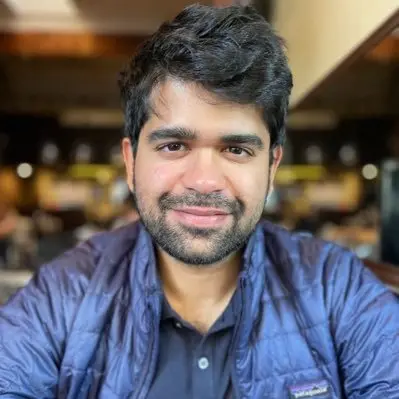
Aravind Srinivas
$10,000
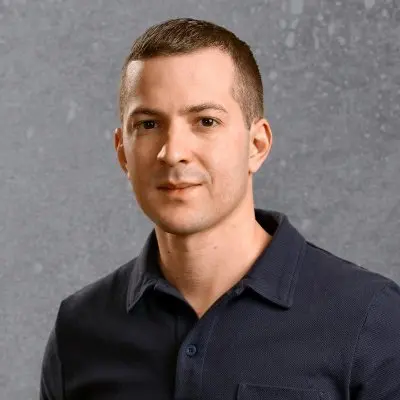
Brandon Reeves
$10,000
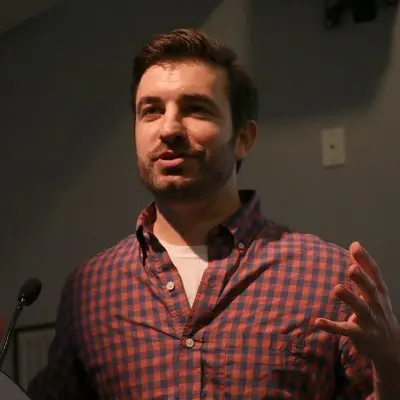
Brandon Silverman
$10,000
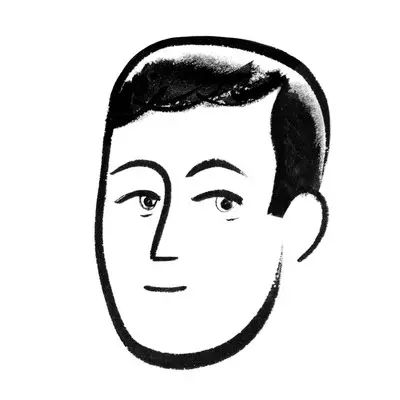
Chet Corcos
$10,000
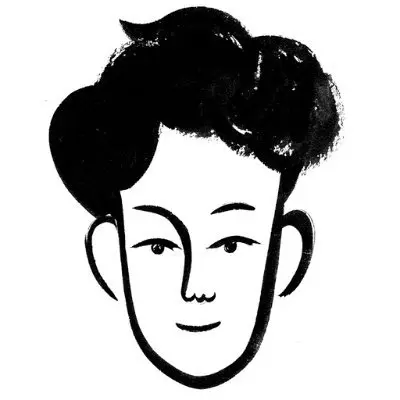
Ivan Zhao
$10,000

Neil Parikh
$10,000
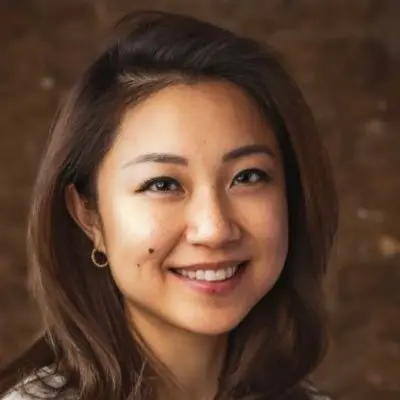
Stephanie Sher
$10,000
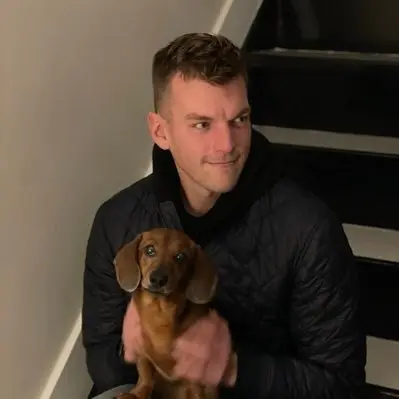
Raymond Russell
$10,000
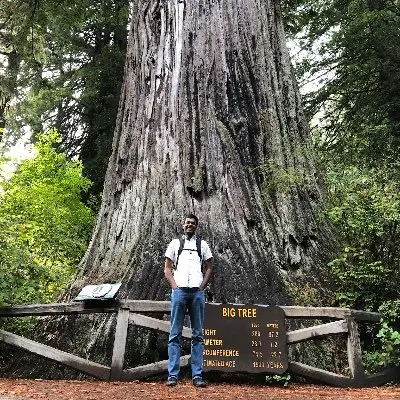
Vignan Velivela
$10,000
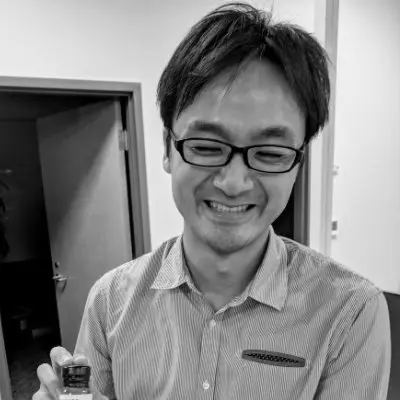
Katsuya Noguchi
$10,000
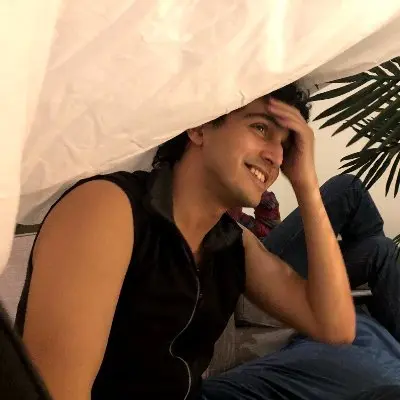
Shariq Hashme
$10,000
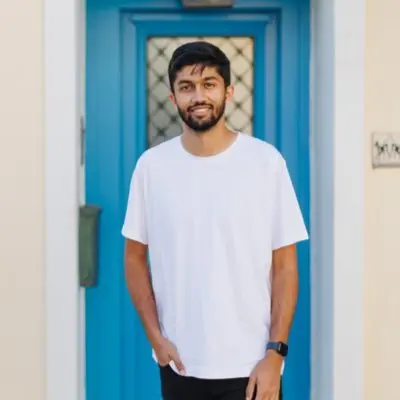
Sahil Chaudhary
$10,000
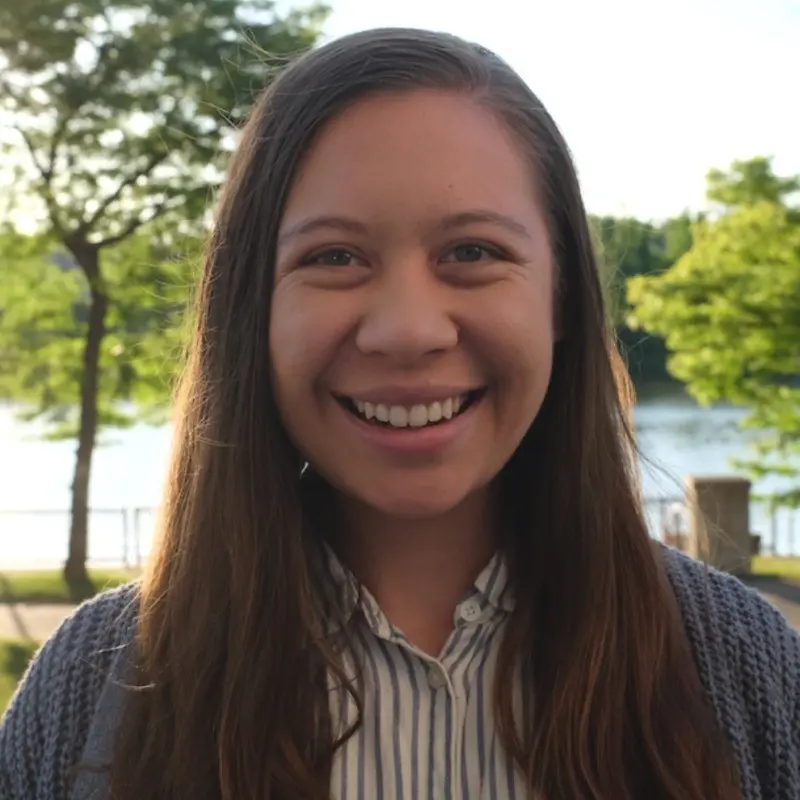
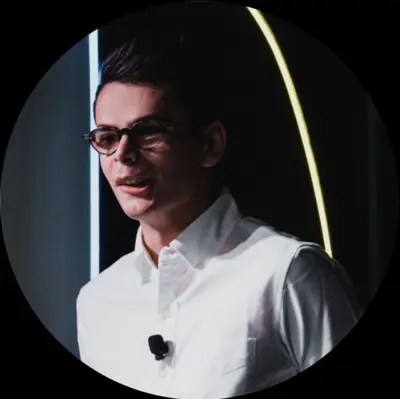
Maya & Taylor Blau
$10,000
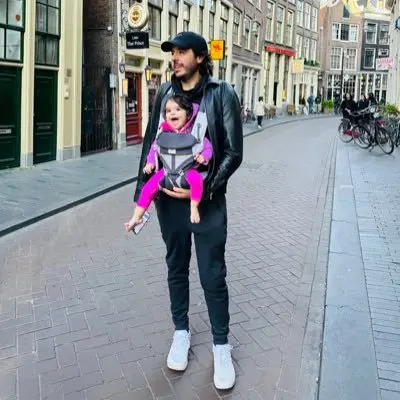
Matias Nisenson
$10,000
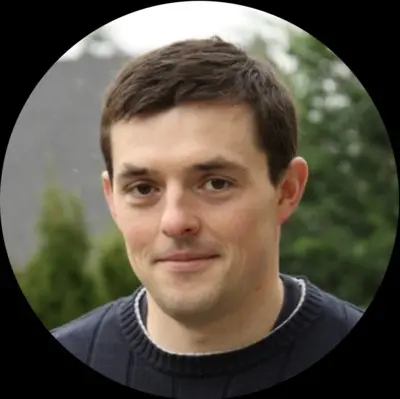
Mikhail Parakhin
$10,000

Alex Petkas
$5,000
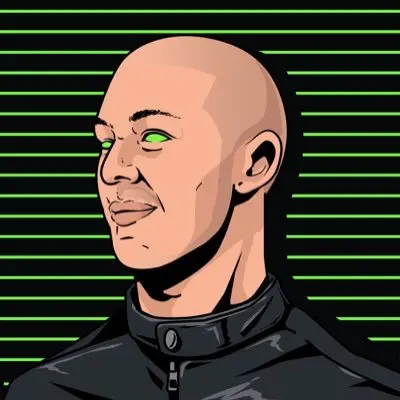
Amjad Masad
$5,000
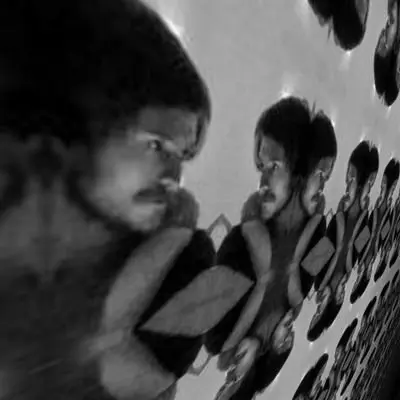
Conor White-Sullivan
$5,000
